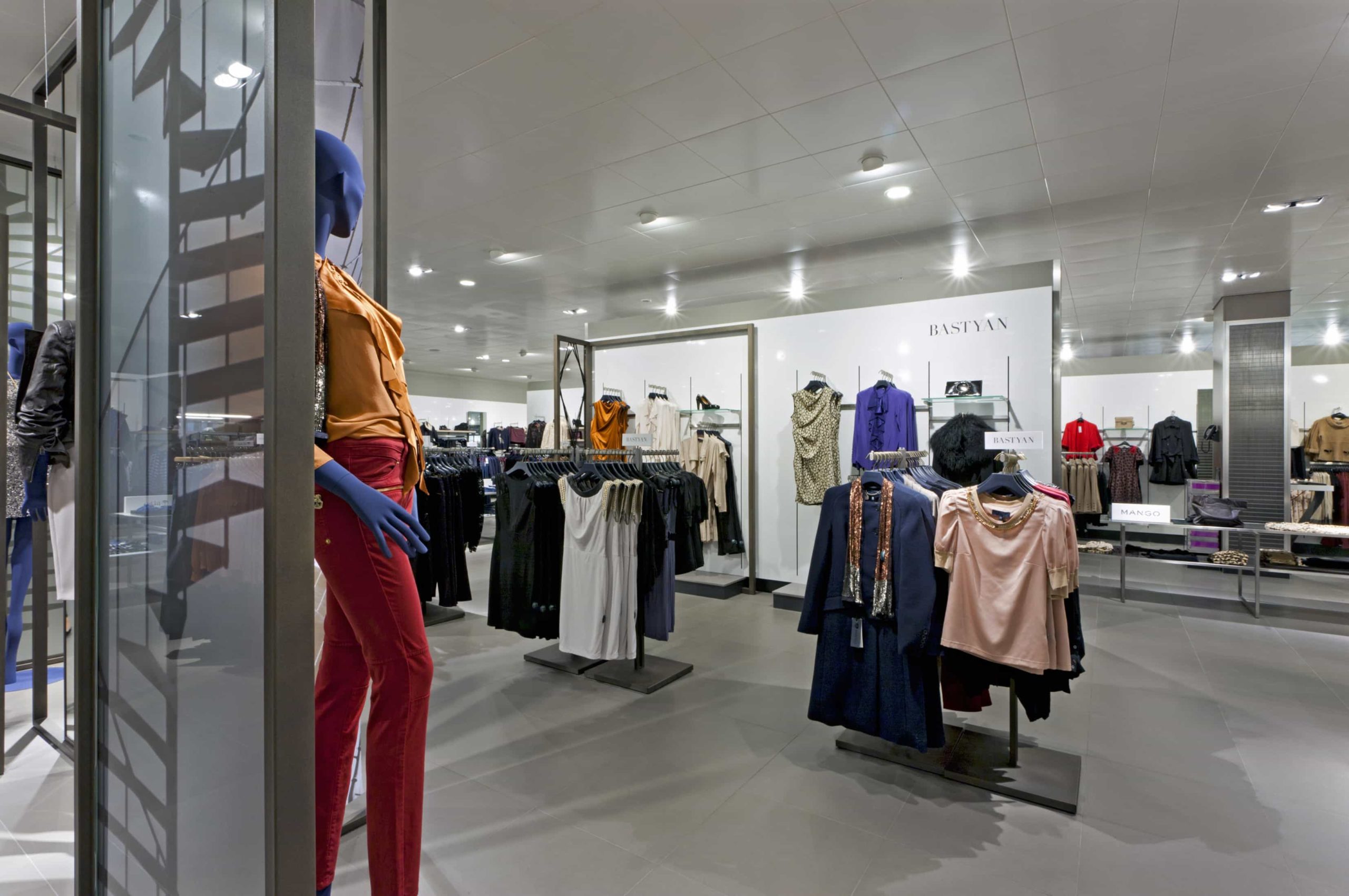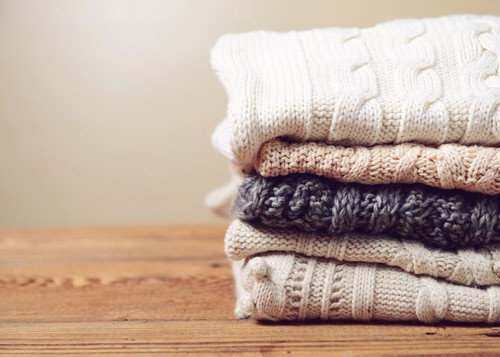The company, which has been working with the waste and resources charity WRAP since 2012, is currently working on how it can minimise sampling and shipping of garments between suppliers to ensure that this poses as small an impact on the environment as possible.

And, in a statement, John Lewis said that in 2016 it will be “making a big effort in engaging our design team further in sustainability.”
ECAP
John Lewis’s sustainability update comes at a time that WRAP is renewing its action plan on clothing.
Leigh Mapledoram, programme area manager for sustainable textiles at WRAP, said: “WRAP is taking the principles of SCAP to develop a pan-European framework that aims to deliver a more sustainable clothing sector – the European Clothing Action Plan (ECAP).”
With ECAP, retailers, brands and suppliers are being encouraged to commit to the target-based action plan to bring environmental and economic benefits across the sector and the EU. The initiative started last year (September 2015) and runs until March 2019.
Sustainability
John Lewis was one of a group of retailers who have worked with WRAP to update its sustainability programmes. Led by WRAP, the SCAP aims to improve the sustainability of clothing across its lifecycle by bringing together industry, government and the third sector.
In 2013, the SCAP 2020 Commitment was launched for leading sector companies to pledge to measure and reduce their environmental footprints (see letsrecycle.com story).
The charity also released the Sustainable Clothing Guide in December 2015, which provides information for the clothing industry to help manufacturers produce more durable clothes (see letsrecycle.com story). John Lewis was one of a group of retailers who provided insight for the development of the guide.
Sustainable sourcing manager at John Lewis, Eoghan Griffin said: “Without the help of SCAP, we wouldn’t have really known what to do and what actions to take. So there’s knowledge in there for the entire industry to take on board.
“A lot of the time it’s about making simple changes around washing and caring for your clothes and changes to the technical aspects of the garment. There’s lessons for the whole industry to learn.
“With the support of SCAP, we’re really pleased with the work that’s been happening. We’re feeling positive about further improvements we can make in 2016.”
Industry
While WRAP is satisfied with the work from retailers on their sustainability programmes, it says that there is still a long way to go.
The fashion industry should be manufacturing for durability, said Mr Mapledoram. “At a time when many clothing business models are based on frequent, low-cost purchases, this may seem counter-productive. However, this view misses the business opportunity that comes with taking the lead. “While manufacturing for durability will not be right for all garment types, most brands and retailers will have core product ranges where a focus on designing to withstand wear and tear, and to appealing to the customer for longer, will help them to promote brand loyalty, confidence, and customer satisfaction,” she added.










Subscribe for free